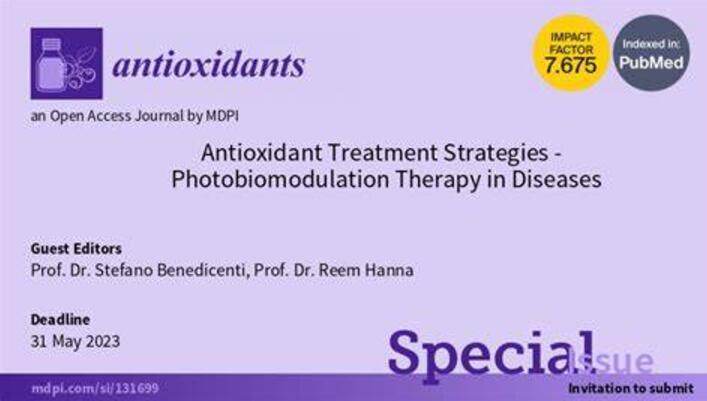A Case–Control Study Supports Genetic Contribution of the PON Gene Family in Obesity and Metabolic Dysfunction Associated Steatotic Liver Disease
IF 6
2区 医学
Q1 BIOCHEMISTRY & MOLECULAR BIOLOGY
引用次数: 0
Abstract
The paraoxonase (PON) gene family (including PON1, PON2, and PON3), is known for its anti-oxidative and anti-inflammatory properties, protecting against metabolic diseases such as obesity and metabolic dysfunction-associated steatotic liver disease (MASLD). In this study, the influence of common and rare PON variants on both conditions was investigated. A total of 507 healthy weight individuals and 744 patients with obesity including 433 with histological liver assessment, were sequenced with single-molecule molecular inversion probes (smMIPs), allowing the identification of genetic contributions to obesity and MASLD-related liver features. Polymorphisms rs705379 and rs854552 in the PON1 gene displayed significant association with MASLD stage and fibrosis, respectively. Additionally, rare PON1 variants were strongly associated with obesity. This study thereby reinforces the genetic foundation of PON1 in obesity and various MASLD-related liver features, by extending previous findings from common variants to include rare variants. Additionally, rare and very rare variants in PON2 were discovered to be associated with MASLD-related hepatic fibrosis. Notably, we are the first to report an association between naturally occurring rare PON2 variants and MASLD-related liver fibrosis. Considering the critical role of liver fibrosis in MASLD outcome, PON2 emerges as a possible candidate for future research endeavors including exploration of biomarker potential.一项病例对照研究证实了 PON 基因家族在肥胖和代谢功能障碍相关性脂肪肝中的遗传作用
副氧合酶(PON)基因家族(包括 PON1、PON2 和 PON3)以其抗氧化和抗炎特性而闻名,可预防肥胖和代谢功能障碍相关性脂肪性肝病(MASLD)等代谢性疾病。本研究调查了常见和罕见的 PON 变异对这两种疾病的影响。研究人员利用单分子分子反转探针(smMIPs)对507名健康体重个体和744名肥胖症患者(包括433名进行了肝脏组织学评估的患者)进行了测序,从而确定了肥胖症和MASLD相关肝脏特征的遗传贡献。PON1基因中的多态性rs705379和rs854552分别与MASLD分期和肝纤维化有显著关联。此外,罕见的PON1变异与肥胖密切相关。因此,本研究通过将以往常见变异的研究结果扩展到罕见变异,加强了 PON1 在肥胖和各种 MASLD 相关肝脏特征中的遗传基础。此外,我们还发现 PON2 中的罕见和非常罕见变异与 MASLD 相关的肝纤维化有关。值得注意的是,我们首次报告了自然发生的罕见PON2变异与MASLD相关肝纤维化之间的关联。考虑到肝纤维化在 MASLD 结局中的关键作用,PON2 成为未来研究工作(包括探索生物标记物潜力)的可能候选者。
本文章由计算机程序翻译,如有差异,请以英文原文为准。
求助全文
约1分钟内获得全文
求助全文
来源期刊

Antioxidants
Biochemistry, Genetics and Molecular Biology-Physiology
CiteScore
10.60
自引率
11.40%
发文量
2123
审稿时长
16.3 days
期刊介绍:
Antioxidants (ISSN 2076-3921), provides an advanced forum for studies related to the science and technology of antioxidants. It publishes research papers, reviews and communications. Our aim is to encourage scientists to publish their experimental and theoretical results in as much detail as possible. There is no restriction on the length of the papers. The full experimental details must be provided so that the results can be reproduced. Electronic files and software regarding the full details of the calculation or experimental procedure, if unable to be published in a normal way, can be deposited as supplementary electronic material.
 求助内容:
求助内容: 应助结果提醒方式:
应助结果提醒方式:


